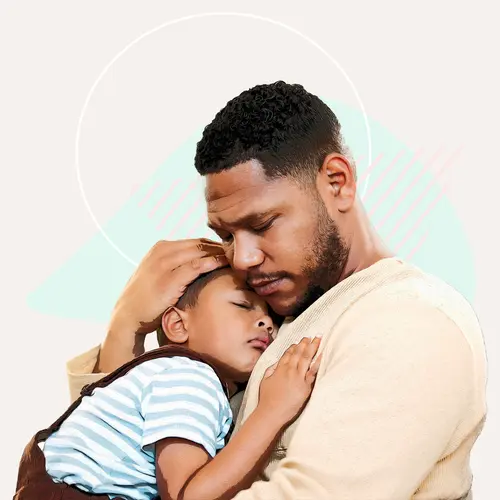It is estimated that one in three girls and one in six boys are sexually abused before turning 18. In other words, childhood sexual abuse is quite common. Additionally, 95% of those children will be sexually abused by someone they know or are close to. Due to this, the distressing nature of sexual abuse and where the child may be in their personal growth can make seeking help difficult.
What is Sexual Abuse?
To be clear, sexual abuse is when someone is sexual with a child. Examples of this are:
- Touching or fondling private areas of the child’s body sexually.
- Inserting objects inside of the child’s private areas for sexual pleasure or some reason not related to their health.
- Someone exposing their body in a sexual way to a child.
- Masturbating in front of a child or asking the child to masturbate in front of them.
- Showing a child pornography.
- Observing a child going to the bathroom or undress without their consent or knowledge.
- Using social media, websites, or other forms of digital communication to expose a child to pornography or engage with them inappropriately.
- Any sexual act with a minor, clothed or unclothed.
Signs of Sexual Abuse
Every child is different, and because of this, they generally tend to exhibit signs of being sexually abused differently. A child's age also influences how they will emotionally process abuse. If your child exhibits one or two of the following signs, it doesn't necessarily mean that they have been abused. But the signs they do show could be reasonable grounds for further investigation on your part.
Some signs that indicate that a child age 12 or younger has been sexually abused include:
- Obsession with their own and other people’s genitals.
- Making other children do sex play with them, especially younger children.
- Inappropriate sex play with a much younger child involving heavy genital touching.
- Frequent sex play despite you talking to them and discussing why it may be invasive.
- A lot of masturbation.
- Sexualized play with toys.
- Playing games that involve toys or dolls getting frequently penetrated.
- Peeping, exposing themselves, or often speaking in obscenities.
- Touching the genitals of adults or children who are strangers.
- Being able to describe sex despite being a young child.
- Sores around their mouth.
- Bruising or bleeding in or around their abdomen.
- Saying that they have a secret they can’t tell you or generally being more secretive.
- Being withdrawn or anxious.
- Your child or child’s peers telling you about their abuse.
- Preferring to sleep with their clothes on.
- Nightmares and issues sleeping.
- Regressive behaviors.
- Mysterious gifts and money.
- Refusal to go to someone’s house or engage in certain activities.
- Subtly mentioning their abuse.
- Suddenly acting younger than they are.
- Fear of touching.
In older children, some of the signs might include:
- Drug dependencies
- Suicide attempts
- Self-harm or mutilation
- Eating disorders
- Pregnancy
- Running away from home
- Being withdrawn or angry often
- Heavily preoccupied with pornography or being verbally sexually aggressive
- Crying for no apparent reason
- Low self-esteem
- Trouble having or maintaining friendships
- Gets upset at the idea of a specific person
- Dresses differently
- Changes their friend circle
- Does worse at school
- Doesn’t like doing activities they previously loved
- Injuries, discomfort, bruises, or bleeding in or around their abdomen
Remember, every individual processes abuse in their own way. Sometimes, there will be an immediate change in them. Other times, it will take years for their feelings to surface. Children typically tell you without explicitly telling you, so it's crucial to be perceptive and take anything they say about their personal safety seriously.
What to Do if a Child Tells You They're Being Abused
Around 98% of all reported child sexual abuse cases are found to be true. It takes an enormous amount of courage for children to come forward with their abuse, mostly because they're usually threatened not to tell anyone.
If a young child or teen tells you they've been sexually abused, your reaction is crucial to their development and ability to heal. Try to remain calm and compassionately reassure them. Tell them that:
- You believe them
- They're correct in telling you
- They're brave for sharing what happened to them
- They're not to blame
- They're loved no matter what
- They're safe and you will help them
- You'll do what you can to end the abuse


